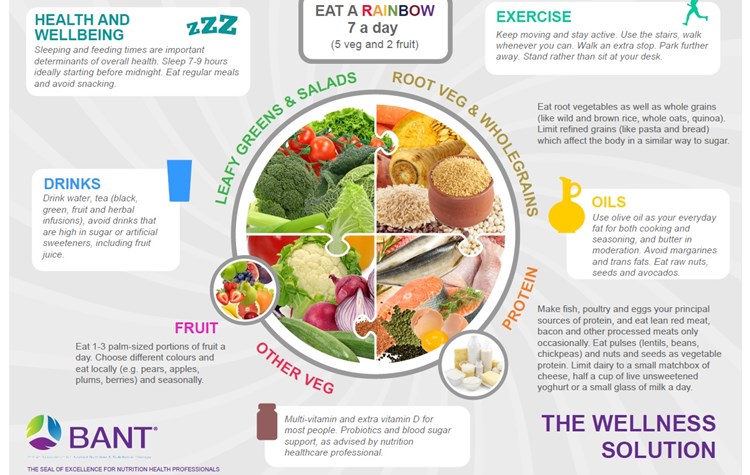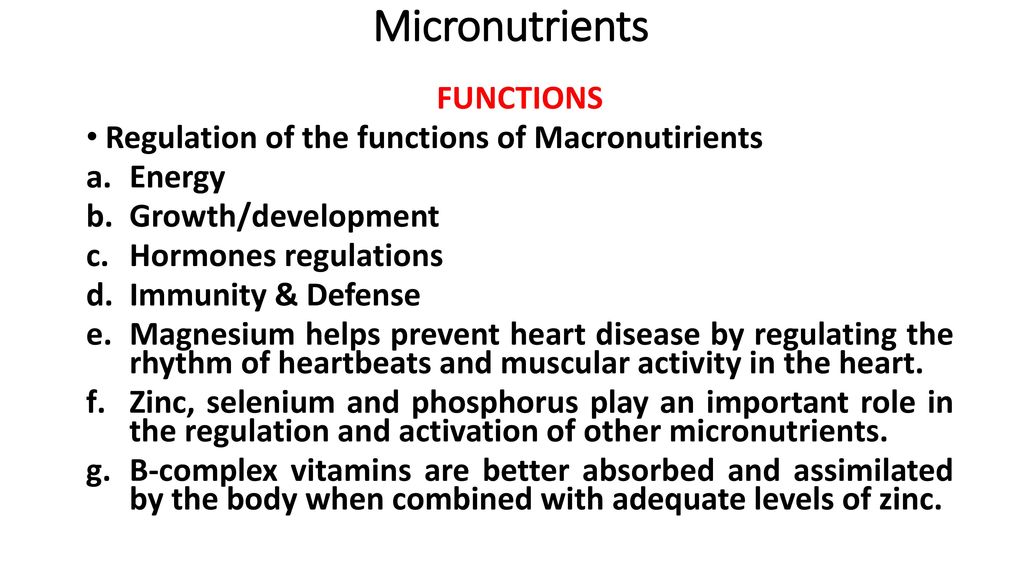
Many states and localities have implemented or are currently planning programs to combat obesity. These efforts can help promote healthy habits and reduce the amount of fat in the body. Local governments can coordinate these efforts by focusing their attention on residents' needs. One example is the creation of a community exercise center as part of a local obesity prevention program. This is an effective way for children to move and cut down on calories. The community can benefit from a fitness center that offers facilities for exercising.
A number of state governments have taken action to reduce obesity. The government can set a sugar cut target for its citizens, which is intended to improve their health. Similar to the above, a portion reduction plan can be used to help achieve this goal. This type of program can also be marketed to pregnant women and mothers of young children. The benefits of such a program extend to all age groups, including the elderly. Some people may not realize that these strategies are effective in their local communities.

Although the federal government is committed to nutrition and fitness since its inception, attention has been largely focused on obesity prevention. Because obesity is America's number one health indicator, programs must be tailored to combat it. Fit 'n Active Kids and Partnership for a Walkable America are two national initiatives being developed by the President's Council on Physical Fitness and Sports. America on the Move by the Partnership for Healthy Eating and Active Living aims at preventing adult weight gain. It encourages people to increase their physical activity and decrease their caloric intake.
Another way to finance obesity prevention efforts is through CDC grants. These grants enable the development of programs for people living with disabilities. The CDC grants program focuses specifically on chronic disease prevention, and building local capacity. It can also help to establish community demonstration programs. In FY 2003, twenty states were provided with grants by the CDC. Expanding the grant funds to the state level may allow for additional states to benefit.
There are many programs in public health to reduce obesity. The CDC provides funding to universities and states as well as communities for healthy eating and exercise. Its website offers information on grantee programs and funding sources. It is important to note that public health programs do not address all causes of obesity. Some of the most effective programs do not address all causes of obesity. They can reduce the risk of developing the disease from the root and improve the overall health of the population.

New Jersey's state health department is intensifying their fight against the bulge. It has created a body called the Office of Nutrition and Fitness to coordinate programs to prevent obesity. The state is the leader in children's and adult health. It is imperative that the government invests more in nutrition education for children who are overweight or obese. The federal government should support its efforts in nutrition education, as it is crucial for the health and well-being of its citizens.
FAQ
How do I build muscle quickly?
It is important to eat healthy food and lift weights frequently in order to quickly build muscle.
Mornings are the best time to workout.
You should try exercises such as squats, bench presses, push-ups, etc.
You can try different weight training methods and remember to drink lots of water throughout the day.
What is a good seven-day workout routine?
A seven-day exercise program should consist of three days per week of cardiovascular training (running, biking, swimming), two strength exercises (using free weights, weight machines), and one flexibility/core workout (yoga, Pilates). Each activity must be completed at least once per week. Each session should not last more than 45 minutes.
Cardiovascular Exercise: Running/Biking/Swimming
It is important to complete at least 60 minutes of cardio per week. You can aim for 75 minutes a week for best results. Cardio exercise can improve blood flow and stimulate muscle development.
Strength Training
Cardio exercises focus on the heart and lungs while strength training targets muscles and bones. Strength training increases lean muscle mass and helps to burn calories even at rest.
Flexibility & Core Workouts
To strengthen your whole body, flexibility and core work outs are excellent ways to do so. Both yoga and Pilates can be great choices.
Which workout is best for men?
The answer to your question depends on the type of information you seek. Cardio workouts are great for losing weight because they burn calories more quickly than strength training exercises.
For those who want to gain muscle mass, strength training will be a better option, as it increases your lean body mass.
Both types of exercise are proven to be beneficial if you're looking to improve your overall health.
I recommend HIIT, or sprint interval training, if you want fast results. This type is great for burning fat fast by increasing metabolism. This type of training also increases your endurance, allowing you to train even when you are tired.
Do I have to exercise every single day?
No! At least 30 minutes moderate-intensity exercise five days per week is a good goal. It means you need to exercise hard enough or walk fast enough that you are slightly out-of- breath.
What does butter have to do with men?
Butter is one source of saturated fats. This fat is good for hair and skin health, as well as stronger bones.
Vitamin K in butter also prevents bleeding from cuts, bruises and other injuries. Vitamin K and vitamin B work together to prevent any bruising.
Butter is rich in minerals such as calcium, potassium, and phosphorous. These elements encourage stronger bones.
Butter has its drawbacks. Butter contains high amounts of cholesterol. Studies show that too much cholesterol can increase your risk of developing heart disease.
Butter is also high in saturated fat which can lead to obesity and higher cholesterol.
However, if you must have butter, try spreading it on bread rather than dipping it into soup or salad. Bread will absorb more oil than pasta or potatoes.
Statistics
- By John Thompson Take a whopping 38% off a set of PowerBlock Pros. (menshealth.com)
- Are You One of the 20% of Guys (mh.co.za)
- 10 pounds in a month is likely during a lean bulking phase, especially for beginners. (muscleandstrength.com)
- According to the American Heart Association, blood pressure should be checked at least once every two years, beginning at age 20. (my.clevelandclinic.org)
- Candidates and applicants must pass all four tests at 70% (minimum level) to graduate from Basic Deputy U.S. Marshal (BDUSM) Training. (usmarshals.gov)
External Links
How To
What nutrients do men need each day?
For healthy growth and development, men need to eat a balanced diet. Your body needs vitamins, minerals and nutrients as well as carbohydrates, proteins, fats, carbohydrate, fiber, and other essential components.
The male body also requires specific nutrients at different times throughout the day. You can see that your body uses energy to make hormones. When you get up, protein is used to repair and build muscle.
Your body will burn fat at night and store the extra energy as a form of glycogen. During this time, your body needs fewer calories but still needs sufficient nutrients. If you feel hungry, you can have a snack in the evening.
To fuel your muscles while you train, you will need sufficient carbs as well as protein. Muscle soreness can occur if you work out hard.
To prevent this, you should eat carbs as well as protein within the first two hours after training. To provide energy, your body will begin to break down stored glycogen.
Also, protein must be consumed immediately after your workouts. This prevents muscle tissue loss that happens while you sleep.
Your body makes lactic acid when you are doing intense physical activities. Your body can build up lactic acid in the bloodstream which causes fatigue. To avoid this, you should eat foods rich in carbohydrates, such as fruits and vegetables.
Carbohydrates are a good source of energy to help you recover from hard exercise.
Your diet may include lean meats like fish, eggs, milk cheese, yogurt or beans as well as lean proteins such as fish, eggs, egg yolks, cheese, yogurt, bean, peanuts and seeds.
These foods all contain high-quality proteins. Protein aids in muscle growth and repair of damaged tissues. It provides amino acids that your body needs in order to produce sexhormones and testosterone.
You also need enough dietary fats to maintain good skin, hair, nails, and joints. Healthy men need between 20% and 35% of their total caloric intake from fat.
Fat helps keep your heart strong and protects against cancer. It helps keep your brain working properly.
Most of the fat you need can be obtained from vegetable oils, including sunflower oil (or soybean oil), peanut oil, peanut oil, soybean oil, and peanut oil.
These oils contain high levels of monounsaturated fat acids (MUFAs). MUFAs reduce cholesterol and inflammation. They protect your cells against free radical damage.
Saturated Fats (SFAs), which are mostly found in animal products like meat, butter, and dairy products, include LDL ("bad") cholesterol. SFAs can raise LDL ("bad") cholesterol levels and increase triglycerides. They promote weight gain and abdominal fat.
Polyunsaturated oil (PUFAs), which are plant-based, can be found in vegetable oils, nuts seeds, grains, and other plant-based products. PUFAs can improve cardiovascular function and reduce inflammation. They also help control blood sugar and cholesterol.
Erectile dysfunction can often be a problem for men who have low HDL ("good") levels of cholesterol. The consumption of saturated fats raises bad cholesterol which in turn lowers good cholesterol.
Men who eat large quantities of red meats or pork may develop prostate problems. High temperatures can cause nitrates to become nitrosamines. These compounds can cause lung cancer.
Most processed meats contain nitrites and other harmful chemicals. These chemicals should be avoided.
The American Heart Association recommends limiting red meat intake to two meals per week. Instead, choose poultry or fish, beans, tofu and whole grain bread.